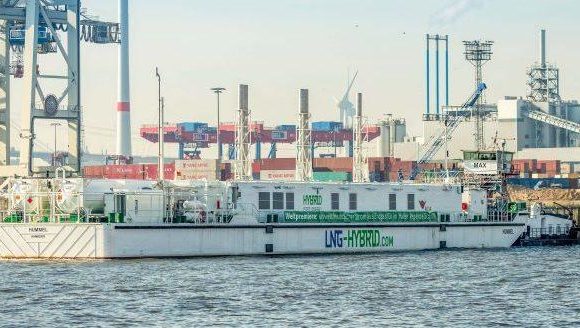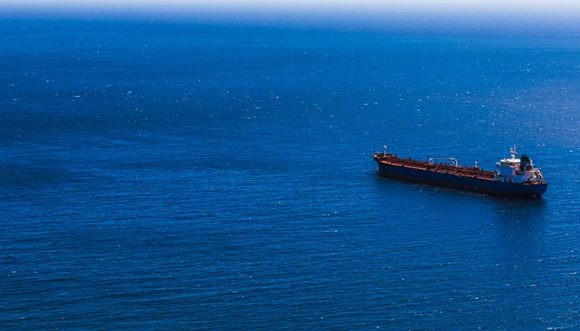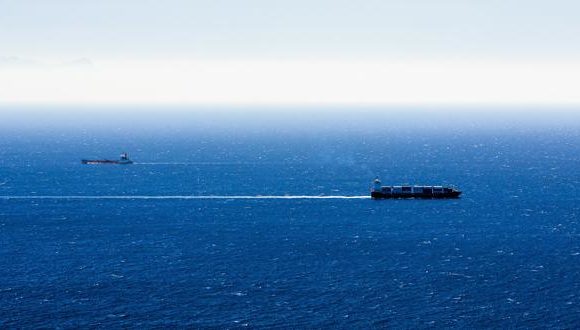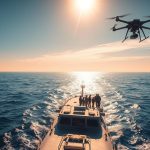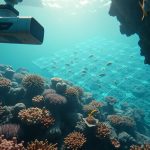Marine Ecology News Digest July 2025 | Latest Updates
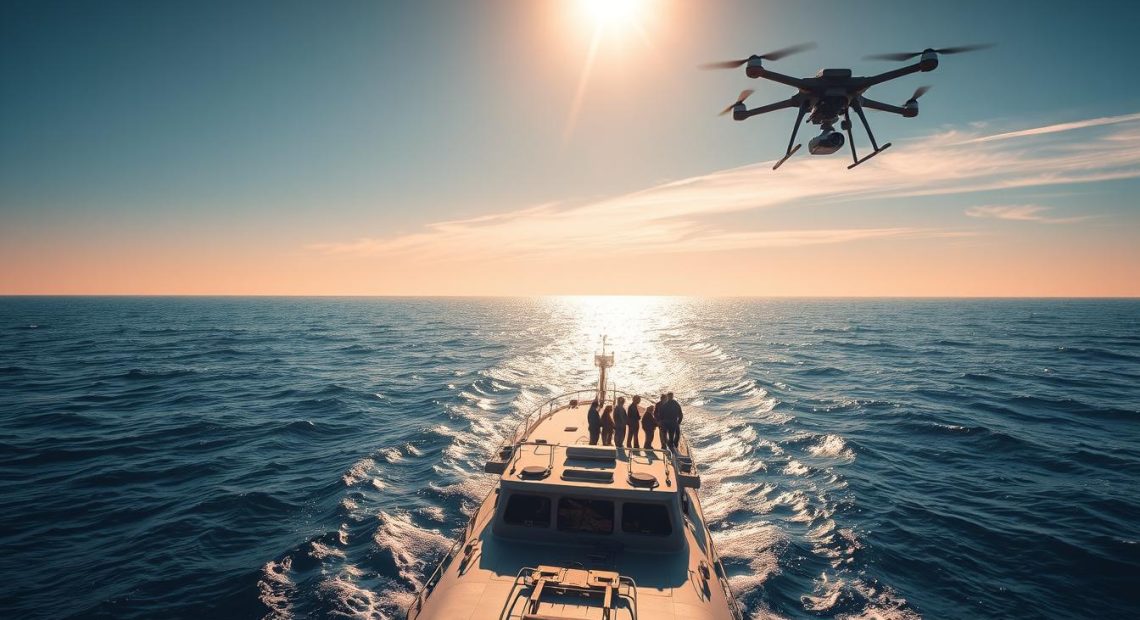
Over 73% of our planet’s oceanic systems saw temperature changes in the first quarter of this year. This is the biggest effort to collect maritime data ever.
New technologies are changing how we see underwater worlds. Scientists can now track changes with great accuracy. These tools give us insights we couldn’t get before.
Breakthroughs in research have changed how we see ocean health. We’ve found new ways that ecosystems interact. British conservation groups are using this knowledge to protect endangered species.
Using the latest ocean data helps both business and the environment. It lets maritime workers know about animal migrations and where they live. This helps make operations better and supports green practices in UK waters.
Breakthrough Research Discoveries Transform Ocean Science Understanding
Groundbreaking research is giving us new insights into deep-sea life and marine diversity. British scientists are leading the way in understanding ocean systems. Their work is changing how we see underwater worlds and their complex life.
Recent updates in ocean conservation show big steps forward in marine science. Off the Scottish coast, 17 new species were found in the Atlantic’s deepest parts. These discoveries show there’s much more to learn from the ocean.
Revolutionary Deep-Sea Microorganism Studies
Scientists have found life forms that can live in extreme conditions. These amazing creatures can glow in the dark and have special ways to survive. Even fish can live in huge pressure without special bodies.
This research shows how tiny life thrives in places we thought were empty. It’s key for understanding how ecosystems can survive and adapt.
Advanced Marine DNA Sequencing Technologies
New DNA sequencing tools help scientists identify marine life with great precision. These tools give crucial data for conservation and managing ecosystems. They can spot species in water samples, even without seeing them.
Collaborative International Research Programmes
International partnerships help share knowledge fast across the world. These partnerships boost both sea trade and protecting the environment. They speed up research and help apply it in real life.
“These partnerships show how working together can speed up learning and help in using science for the sea industry.”
Such teamwork makes sure ocean conservation news gets to everyone. It helps in making good plans for saving the sea and using its resources wisely.
Coral Reef Protection Developments Across Global Waters
Revolutionary advances in coral restoration technology are changing marine conservation worldwide. These coral reef protection developments show great success with new scientific methods and community programs. Marine experts are making big strides by mixing new tech with old conservation ways.
New monitoring systems and growth methods are changing reef care. Scientists use special nutrient systems and lighting to help corals grow better.
Great Barrier Reef Restoration Milestones
Australia’s famous reef has seen big restoration wins thanks to science teamwork. Breakthrough coral restoration projects have seen corals grow 50% faster with the right conditions. The National Oceanography Centre in Southampton has led in using special lighting to speed up coral growth.
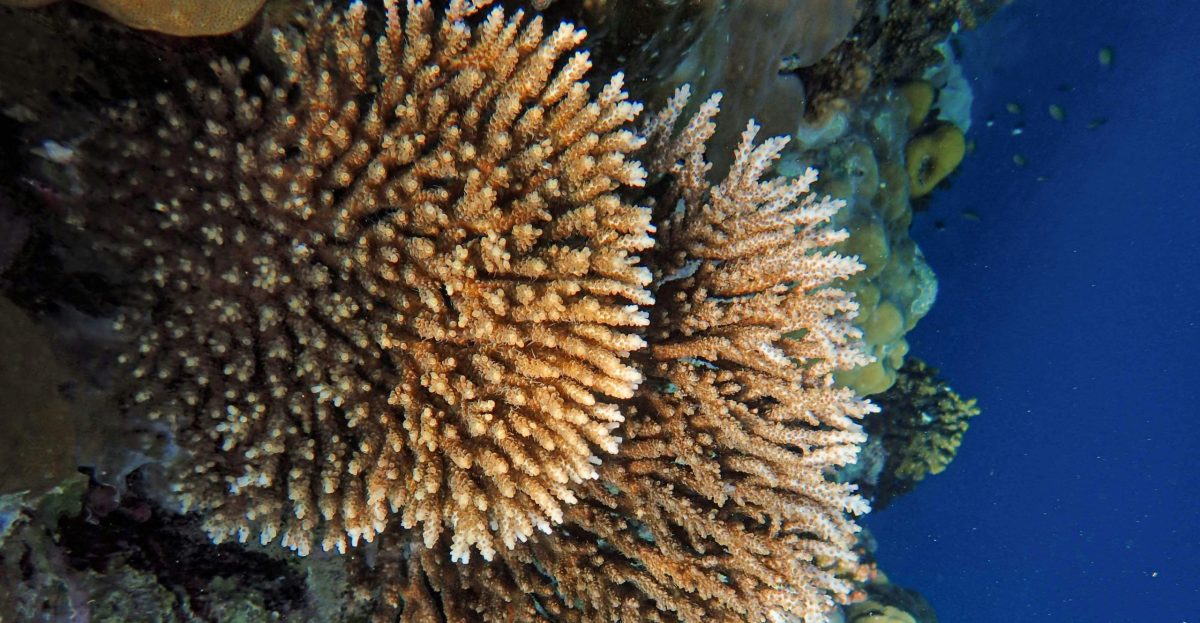
New coral transplant methods are working well in controlled systems. These methods are changing how we fix marine ecosystems, with great results in British waters, like in Cornwall and Devon.
Caribbean Coral Conservation Initiatives
International teamwork is key to coral conservation in the Caribbean. Developing heat-resistant corals is a big part of their protection plans. 3D-printed reef modules help corals grow and provide a home for other sea creatures.
Local groups are leading coral restoration efforts with 85% success. They mix community science with expert research to grow coral nurseries and teach people.
Indo-Pacific Reef Monitoring Programmes
Advanced tech is helping monitor reefs in the Indo-Pacific. Satellite systems track reef health and guide conservation efforts. Real-time monitoring networks give vital data to protect these important marine areas.
Research teams use artificial intelligence to study reefs and predict changes. These new tools help them act fast and protect coral reefs for the future.
Climate Change Impact Assessment on Marine Ecosystems
Recent studies show how climate change impact on oceans affects the British Isles. Advanced systems track fast changes in marine habitats. UK waters face big challenges as temperatures and ocean chemistry change a lot.
We see changes that harm marine life in coastal areas. These changes need quick action from sea experts and conservationists.
Acidification Monitoring Results
Monitoring buoys show worrying changes in ocean chemistry. Ocean acidification is speeding up in UK waters, with pH levels falling fast. Sensors give us live data on these changes.
Organisms that make shells struggle to survive. Shellfish, corals, and plankton find it hard in the new chemistry. Shellfish farms see their catches drop as climate change impact on oceans gets worse.
“The rate of acidification in UK waters exceeds global averages, threatening the foundation of marine food webs.”
Temperature Rise Consequences
Sea temperatures have gone up by 0.5°C in UK waters in the last decade. Some areas warm faster than the global average. This messes up the balance in marine ecosystems.
Plankton communities change a lot, affecting food webs. Marine species adapt to warmer waters or decline in numbers. Climate change’s impact on oceans has far-reaching effects.
Migration Pattern Changes
Commercial fish move north to cooler waters. Traditional fishing spots lose key species as temperatures rise. Fishing industries must change their ways to keep up.
Models predict where habitats will shift in the future. These models help plan coastal management and spatial planning. Marine species migration needs new fisheries management in UK waters.
Endangered Marine Species Conservation Efforts
Conservation programmes for endangered marine species show great success in UK waters. They use advanced monitoring and community help to see real results. This helps many species to grow back.
Recent data shows good news. Atlantic salmon numbers are up in Scottish rivers. Grey seal numbers have grown by over 20% in some areas. These results show that protection efforts work well together.
Whale Population Recovery Programmes
Advanced tracking technology helps protect whales. It tracks where they breed and live. This work is done by teams of researchers and conservation groups.
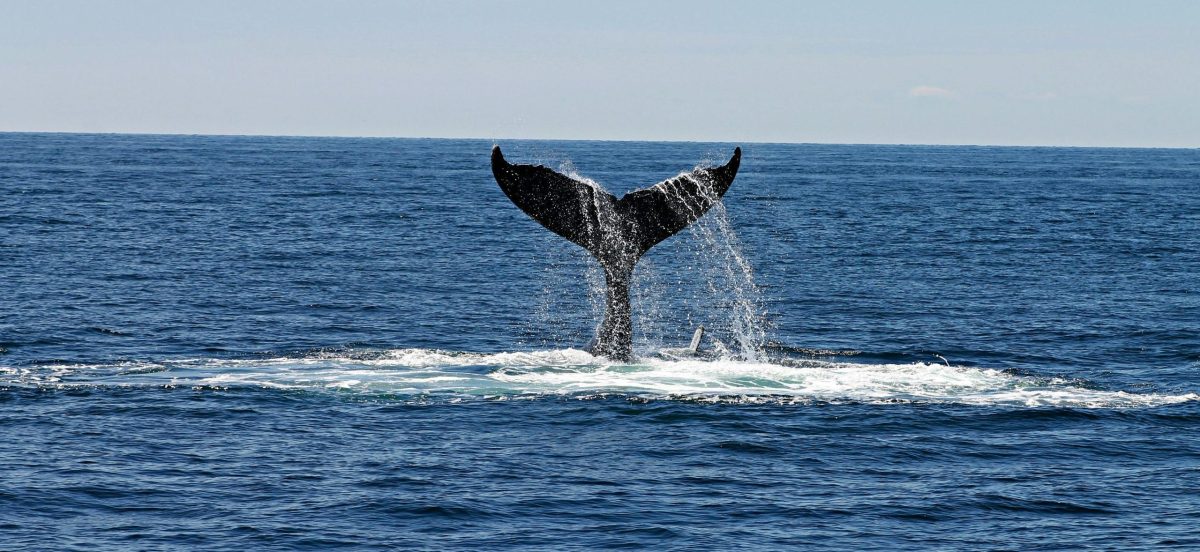
They use satellite tags and listen to whales with special equipment. This keeps their homes safe. It also helps them breed without being disturbed.
Sea Turtle Protection Measures
Keeping sea turtle nesting sites safe is key. Comprehensive monitoring systems watch how well they breed. This helps us understand how they’re doing.
Less human activity during breeding times helps a lot. Volunteers also help by reporting what they see. This information is very useful for scientists.
Shark Conservation Breakthrough Initiatives
In the Celtic Sea, basking shark numbers have gone up by 15%. This is thanks to finding 127 individual sharks. These efforts protect where sharks eat and reduce accidental catches.
These successes show how focused protection can help species come back. For example, grey seals are doing well in British waters. This is thanks to safe places for them to have their pups and less disturbance.
Sustainable Fishing Practices Implementation Worldwide
Sustainable fishing is changing how we manage the sea. It mixes protecting the environment with keeping fishing businesses going. Today, fishing uses new tech and old wisdom to save our oceans.
European Union Fishing Quota Adjustments
The European Union has changed how it manages fishing. It uses science-based quota systems now. This means catch limits are set based on real-time data about fish and their homes.
In the UK, fishing is managed in a way that looks at the whole ecosystem. This approach helps keep fish populations healthy and supports local fishing communities.
Innovative Aquaculture Technologies
Smart net technology is a big step forward. These nets can tell the difference between fish to catch and those to let go. This has cut bycatch by up to 67% in some areas.
Sound technology is also being used to protect sea creatures. It can reduce bycatch by up to 85% without slowing down fishing operations.
Community-Based Fisheries Management Success Stories
Working together, fishermen and scientists are making a difference. They use old fishing skills and new science. Data sharing programmes help fishermen give insights that improve research.
Online systems keep an eye on fishing quotas to stop overfishing. Artificial intelligence helps fishing crews adjust their plans quickly. This keeps fishing sustainable and profitable in different seas.
Maritime Environmental Policy Updates and Legislation
Global maritime environmental policies are changing fast. These changes set new standards for the industry. They tackle big ocean conservation issues and help the economy grow in a green way.
Nations, industries, and groups are working together. They aim to create strong protection for our oceans.
International Marine Protected Area Expansions
The UK is at the forefront of marine conservation. New Marine Conservation Zones focus on areas rich in biodiversity and at risk from humans.
These zones help species move and mix genes across borders. This keeps ecosystems healthy and supports natural migration. Places where seabirds and marine mammals breed get extra protection.
Fishing communities, tourism, and conservation groups help decide on these zones.
Plastic Pollution Reduction Regulations
Programmes to get rid of waste are tackling marine debris. Coastal towns are using new recycling tech to cut down plastic waste.
New rules for plastic use in the sea are strict. They aim to cut down single-use plastics and promote biodegradable ones.
Shipping Industry Environmental Standards
New rules for ships include cleaner fuels and better technology. They also track how well ships follow these rules in real-time.
Important areas include managing ballast water, cutting air pollution, and reducing underwater noise. These rules help ships be green without hurting their business.
Marine Ecology News Digest July 2025 Research Highlights
In July 2025, we see big steps forward in marine ecology thanks to teamwork. Scientists from different fields are working together. They use new tech and ways of thinking to learn more about marine ecosystem health.
This teamwork brings together the best of research and funding. It opens up new ways to understand our oceans.
University Collaboration Projects
Universities are teaming up to change how we study the ocean. Plymouth Marine Laboratory uses advanced underwater robotics to explore deep sea areas. This lets scientists study the ocean without harming it.
The University of Southampton found life that can live in very hot or cold places. This changes how we see life in the ocean. It shows how strong ocean life can be. These projects share knowledge and tools, speeding up our discoveries.
Government-Funded Marine Studies
Government agencies fund long studies on the ocean’s health. They use sophisticated monitoring technologies to gather important data. This data helps make policies and plans to protect the ocean.
Artificial intelligence helps scientists understand huge amounts of data. This makes it easier to track changes in the ocean. Government programs create big databases for conservation. They help us tackle big ocean challenges.
Private Sector Conservation Investments
Companies are now investing in saving the ocean. They fund research that helps the planet and their business goals. This partnership helps turn scientific findings into real actions to protect the ocean.
Private sector funding speeds up the creation of new tech and conservation efforts. Companies support big research networks. They tackle tough ecological problems together.
Oceanic Biodiversity Monitoring and Assessment
Advanced monitoring systems give us deep insights into oceanic biodiversity worldwide. They use the latest tech to track species and check on ecosystem health. Scientists gather data in many ways to build detailed databases for conservation.
New Species Discovery Announcements
Teams have found 17 new species in the Atlantic’s deepest parts. These include creatures that glow and fish that can handle huge pressure. It shows how diverse life in the deep sea is.
Genetic analysis helps scientists identify species more accurately. It shows how marine life is connected in ways we didn’t know. They find amazing ways creatures survive in harsh ocean conditions.
Ecosystem Health Indicators and Trends
High-tech monitoring tracks marine communities’ health. It looks at how populations and species interact. This helps plan for conservation and management.
Standard methods help compare different marine areas and times. This helps spot trends in biodiversity. Tools like underwater vehicles and satellites add to the data.
Biodiversity Hotspot Identification
Surveys use advanced mapping to find rich biodiversity areas. These biodiversity hotspots need special protection. New mapping tech finds these special places.
Citizen science helps with monitoring. It brings together data for better conservation planning. These efforts help plan for the sea and assess environmental impacts.
Marine Pollution Control Measures and Technologies
New ways to protect our oceans from pollution are being developed. These advanced technologies mix science with practical solutions. They help keep British waters clean by using smart monitoring and community efforts.
A study by the University of Liverpool found high levels of microplastics in British waters. The Irish Sea has 5.7 microplastic particles per cubic metre. This shows we need better ways to remove these pollutants.
Microplastic Removal Innovations
New systems can pull out microplastics using magnets and filters. They focus on removing plastic from textiles and packaging. Automated collection devices work all the time in busy shipping areas.
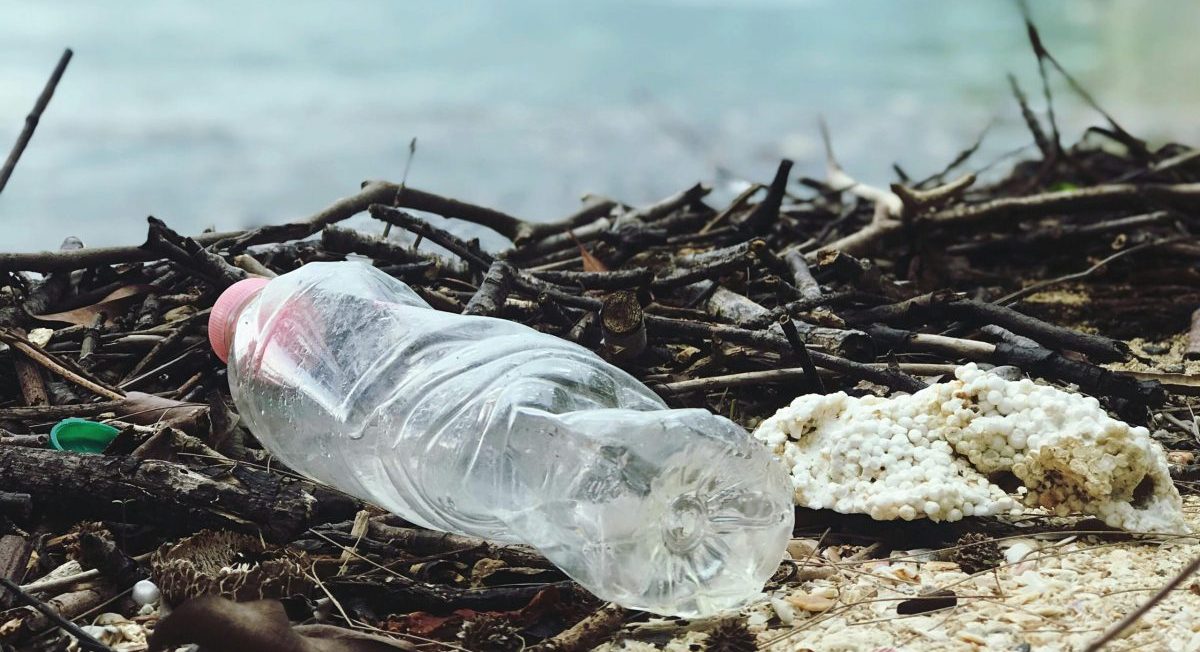
These new filters can clean thousands of litres an hour without harming the sea. Scientists have made special materials that draw in microplastics without hurting sea creatures.
Chemical Pollutant Monitoring Systems
Systems that check water quality in real-time are now available. They use automated alert mechanisms to spot pollution fast. These sensors watch pH levels, heavy metals, and toxic substances.
Factories now use better monitoring to follow rules and protect the environment. They use data platforms to track pollution across different places.
Oil Spill Response Technology Improvements
New oil spill tech helps clean up quickly and with less harm. Rapid deployment systems help nature recover faster. Volunteers have cleaned up over 12 tonnes of debris from 78 beaches, showing the power of teamwork.
Marine Technology Innovations and Applications
Modern marine technology gives us new ways to understand the ocean. It lets scientists study parts of the sea we couldn’t reach before. This helps in protecting marine life and the environment.
Underwater Robotics Developments
Advanced underwater robotics change how we explore the deep sea. These robots can go really deep and collect data without harming the sea. Plymouth Marine Laboratory uses these robots to study the ocean in places humans can’t go.
These robots can send back data in real-time. This means scientists can watch what’s happening underwater from anywhere. The robots can also move around easily and stay underwater for a long time, opening up new areas for research.
Satellite Monitoring System Advancements
Satellite monitoring systems watch over the ocean from space. They track big changes in the sea and where sea creatures move. This helps us understand the health of the ocean better.
These systems can watch the ocean all the time. This means we can quickly respond to any problems in the sea.
Artificial Intelligence Applications in Marine Research
Artificial intelligence applications make it easier to understand big data from the sea. AI helps find patterns that help us protect the ocean. It also makes it easier for people to use this data to make better decisions.
Conclusion
July 2025 is a key time for marine ecology in British waters. Breakthrough research, new technologies, and teamwork in conservation are making big strides. This shows a huge leap forward in looking after our oceans.
Groups doing research have changed how we see deep-sea life. They’ve used new DNA methods and studied tiny organisms. These findings are key for keeping marine life safe and supporting green sea travel.
In Cornwall and Devon, coral reef projects are showing how community help can make a difference. The comeback of species like Atlantic salmon and grey seals shows that focused efforts can work. This gives us hope for fixing damaged ecosystems.
New tech like artificial intelligence and advanced monitoring systems is changing how we protect the sea. These tools help sea workers make choices that are good for the planet and the economy.
More Marine Protected Areas and better fishing and pollution control are setting new rules for the sea. It’s clear that working together can lead to real changes. This is thanks to the efforts of governments, scientists, and businesses.
As we move towards 2030, combining science, tech, and community action is the best way to protect our seas. This approach will help our oceans thrive while supporting a strong sea industry in the UK.

